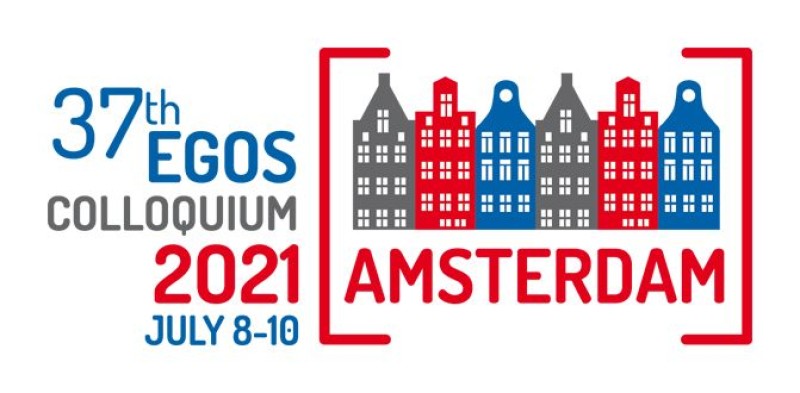Sub-theme 01: [SWG] Organization & Time: The Situated Activity of Time Enactment
Call for Papers
The third sub-theme of Standing Working Group (SWG) 01 will concern the more situated, on-going activity of time enactment
in organizations. The on-going time enactment is crucial for understanding a host of issues, including the very agency of
the moment, the roles of temporal structures, and the on-going interplay between evoked pasts and projected futures. It will
lend focus to temporal structure, including routines, practices and materiality, through which time is enacted in organizations.
It will connect the situated time enactment to different variations and combinations of near and distant pasts and futures,
while considering factors such as agency, emotions and aesthetics. The empirical focus invites, but not exclusively, papers
on topics such as digitalisation, creative organizations and start-ups.
This sub-theme is intended to provide
the opportunity for organizational scholars to appreciate the temporal qualities of their research phenomena and to position
their work within the broader studies on time and organizations. We are open to variety of approaches to studying organization
and time as we strive to identify and build more comprehensive theoretical frameworks on the subject. Our goal is to build
an inclusive conversation that appeals to many theories and methods within organizational theory and practice.
In keeping with the EGOS Colloquium 2021 theme, we are particularly interested in the temporal aspects that contribute to
insights and understanding with a focus on organizing for an inclusive society. Studies across industries and markets are
invited at micro- as well as macro-levels of analysis, but with a particular emphasis on the present. We invite diverse philosophical
methods and concepts as well as methods of enquiry that permit the temporal nature of organizational processes and practices
to be captured. Both conceptual and empirical contributions are welcome.
Papers may address, but are not
limited to the following themes:
Situated time enactment through, for example, practices, routines and materiality, including how practices, routines or materiality in bringing together pasts and futures
Interplay between near and distant pasts and/or futures in the present: challenges of temporal sustainability
Dynamics of temporal structures; their emergence, endurance and change
How the temporal rhythms of emotions and aesthetics are played out through on-going activity
Dynamics, enactment and change of time horizons through situated activity
Philosophical/theoretical concepts for studying the temporal present and the interplay with pasts and futures
Methods and approaches for studying situated activity as it takes place through time


